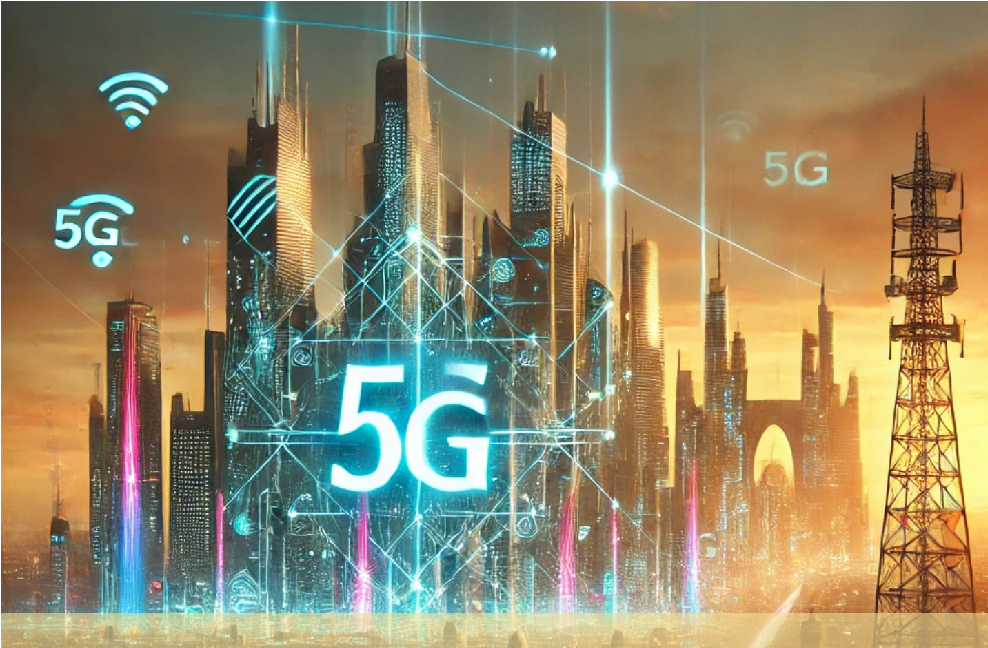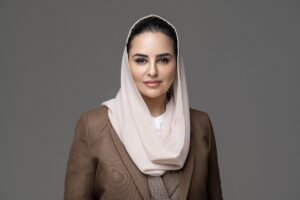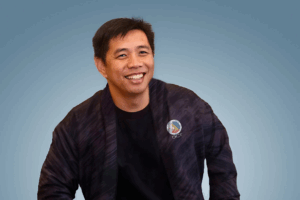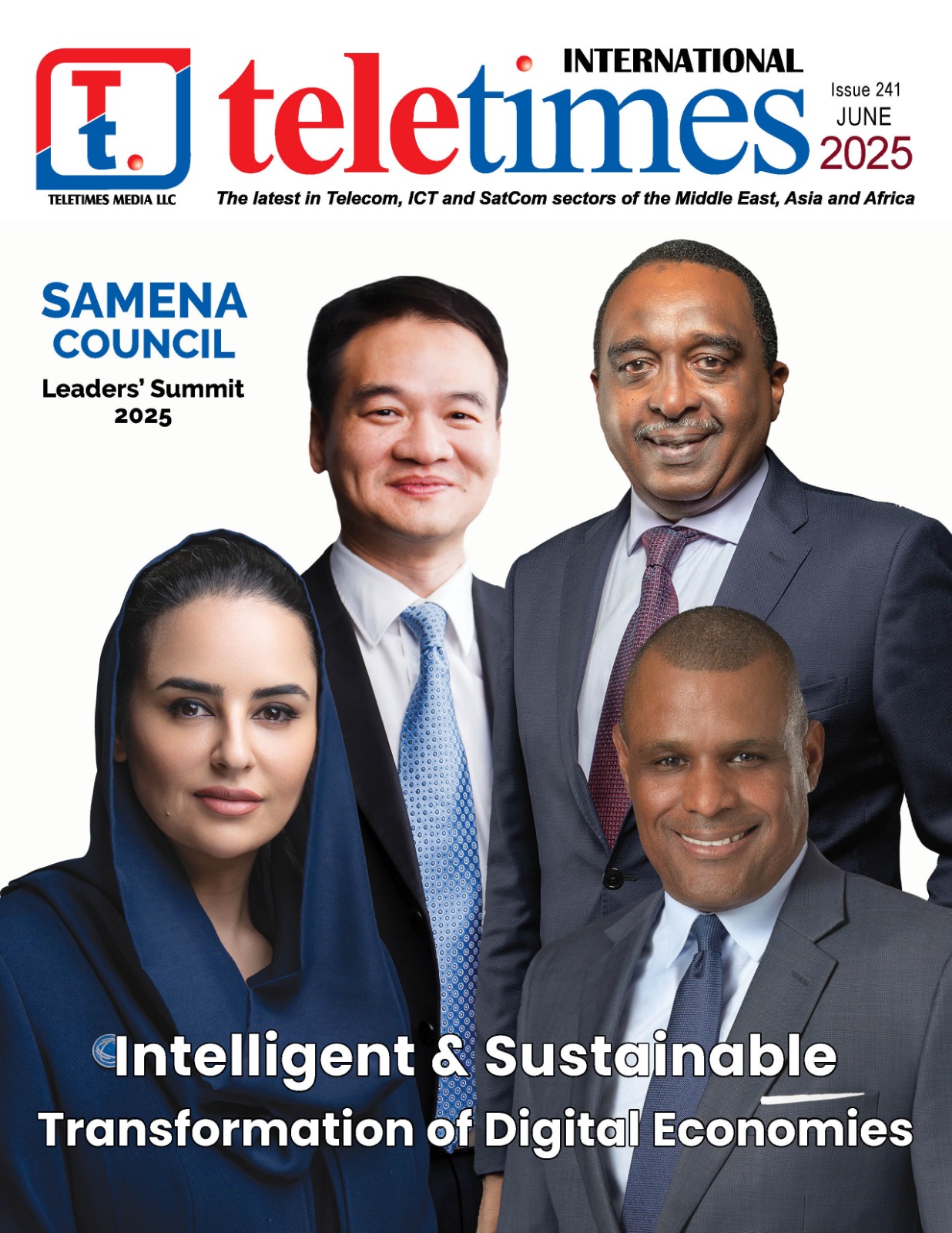Gulraiz Khalid
The Middle Eastern telecom wholesale capacity market is experiencing significant growth, driven by technological advancements, strategic investments, and evolving consumer demands.
For instance, Ooredoo, a Qatari telecom company, has secured a 10-year financing deal worth QR2 billion ($550 million) to expand its regional data centers. The company plans to add 120MW of data center capacity over the next five years, aiming to become a major player in the AI and data market alongside Saudi Arabia and the UAE. Ooredoo has also partnered with Nvidia to equip its centers with high-demand AI chips.
“Capital expenditures (CAPEX) among Middle Eastern telecom operators have remained stable, with a slight decline of 0.5% year-over-year in Q3 2024. Investments are primarily focused on the expansion of 4G and 5G networks, fiber rollout, and enhancements in digital capabilities.”
For example, Zain Group has increased CAPEX across its operating regions, focusing on network expansions and data center upgrades. Similarly, Ooredoo Group’s CAPEX increased by approximately 30% year-over-year, driven by investments in multiple countries, including Iraq, Kuwait, and Qatar.
Let’s have a quick look at the emerging trends and opportunities shaping the future of this sector, supported by recent developments.
The Growth of 5G and Edge Computing
5G Expansion
The deployment of 5G networks across the Middle East is accelerating, with countries like the UAE, Saudi Arabia, and Qatar leading the charge. This expansion is enhancing consumer mobile experiences and paving the way for innovative applications across various industries.
In Saudi Arabia, telecom operators are investing heavily in 5G infrastructure to support applications such as smart cities, autonomous vehicles, and advanced healthcare solutions. The Kingdom’s Vision 2030 initiative emphasizes digital transformation, with 5G playing a pivotal role in achieving these objectives.
Edge Computing Integration
Edge computing is gaining traction as a means to reduce latency and improve data processing efficiency by bringing computation closer to the data source. This approach is crucial for applications requiring real-time processing, such as IoT devices and autonomous systems.
The UAE has seen significant investments in edge data centers to support its burgeoning IoT ecosystem. These facilities enable faster data processing for smart home devices, connected vehicles, and industrial automation systems, thereby enhancing performance and reliability.
Increased Private Submarine Cable Investments
Strategic Cable Deployments
The Middle East’s strategic location as a bridge between continents makes it a focal point for submarine cable investments. Private companies are increasingly investing in these infrastructures to enhance global connectivity and data transmission capabilities.
“Ooredoo Group has announced plans to build one of the largest international submarine cables in the GCC, connecting seven countries. This initiative aims to bolster regional connectivity and support the growing demand for high-speed data services.”
Another example is Telecom Egypt that has been actively investing in international infrastructure to advance its position as a global connectivity accelerator. The company has strong partnerships with over 170 major global subsea cable players across more than 21 in-service and planned subsea systems.
Emergence of Carrier-Neutral Wholesale Providers
Carrier-Neutral Data Centers
The rise of carrier-neutral data centers is fostering a more competitive and flexible environment for telecom services. These facilities allow multiple carriers to interconnect within a single location, providing customers with a variety of options for their connectivity needs.
“In Saudi Arabia, companies like ZOI are revolutionizing the wholesale telecommunications sector by establishing carrier-neutral data centers. This approach enhances flexibility and scalability for businesses seeking diverse connectivity solutions.”
e& Carrier & Wholesale has joined forces with DE-CIX to expand the capabilities of the SmartHub IX ecosystem, solidifying its role as a key hub for digital infrastructure and connectivity in the UAE.
AI and Automation in Network Management
AI-Driven Network Optimization
Artificial Intelligence (AI) is transforming network management by enabling predictive maintenance, traffic optimization, and enhanced security measures. Automation, powered by AI, allows for more efficient operations and rapid response to network issues.
Telecom operators in the Middle East are integrating AI to manage the increasing complexity of their networks, especially with the rollout of 5G services. AI applications are being used to optimize network performance, predict potential failures, and enhance customer experiences through personalized services.
Mobily Wholesale is leading the telecom wholesale market with innovative solutions for hyperscalers, carriers, and content providers, utilizing AI and automation to enhance service delivery.
Cross-Border Connectivity Initiatives
Regional Collaboration
Collaborative efforts are underway to enhance cross-border connectivity, aiming to create seamless communication networks across the Middle East and neighboring regions. These initiatives are crucial for economic integration and the development of regional digital economies.
The Middle East is witnessing increased collaboration among telecom operators to establish cross-border fiber-optic networks. These partnerships aim to improve regional connectivity, reduce latency, and support the growing demand for high-speed internet services.
“Zain Bahrain has joined the Middle East – Europe Terrestrial System (MEETS), an international cable system that provides state-of-the-art high bandwidth regional connectivity solutions, enhancing cross-border communication.”
Future outlook
The Middle Eastern telecom wholesale capacity market is poised for significant growth, driven by advancements in 5G, edge computing, private submarine cable investments, carrier-neutral data centers, AI integration, and cross-border connectivity initiatives. Stakeholders in the region are actively embracing these trends to enhance infrastructure, improve service delivery, and position the Middle East as a global hub for telecommunications. In February 2025, the key players and executives from the ME Capacity space are set to gather at Capacity Middle East in Dubai. We hope to bring you further insights after this gathering concludes. Stay tuned!












